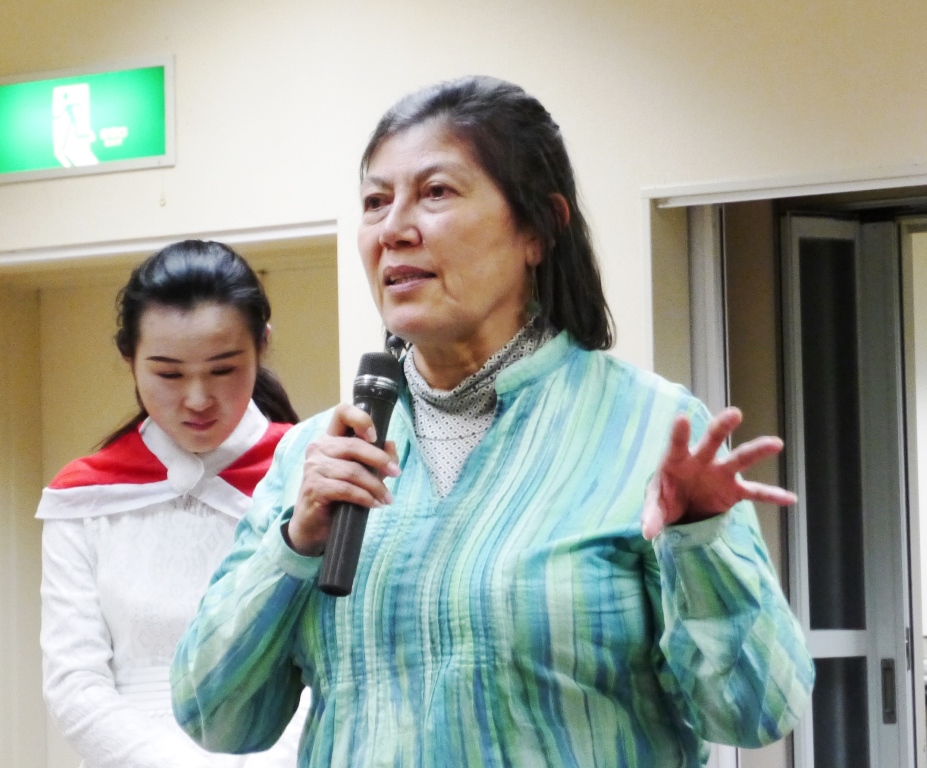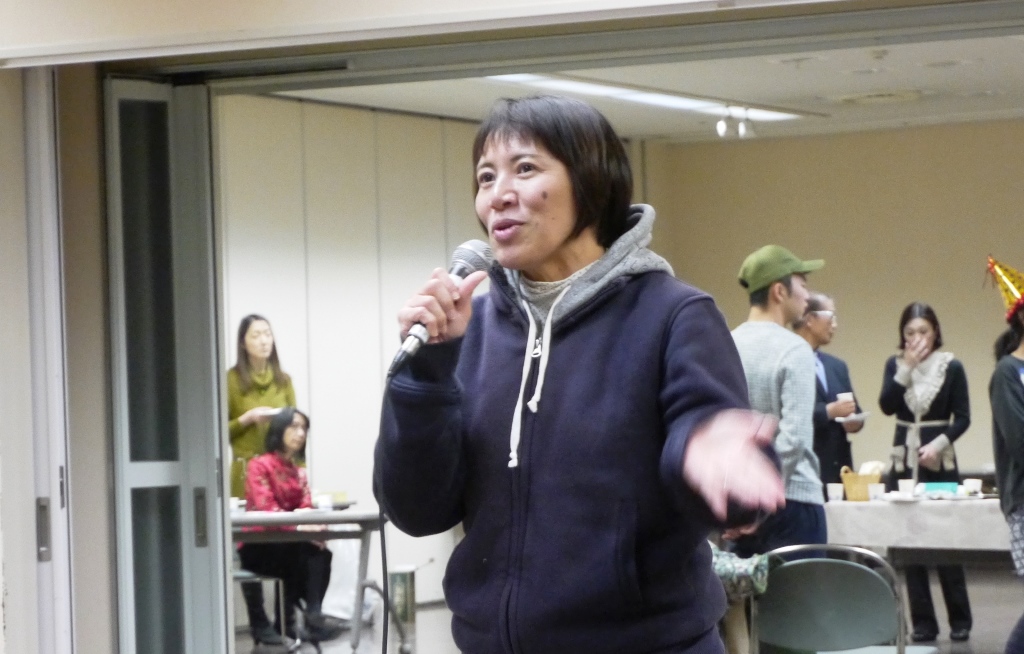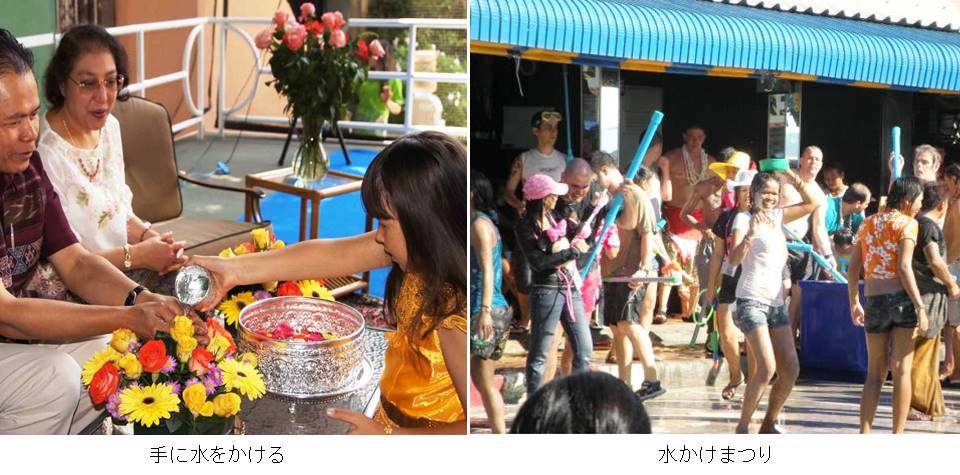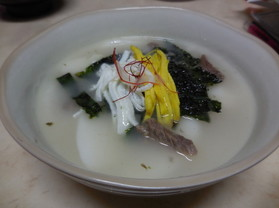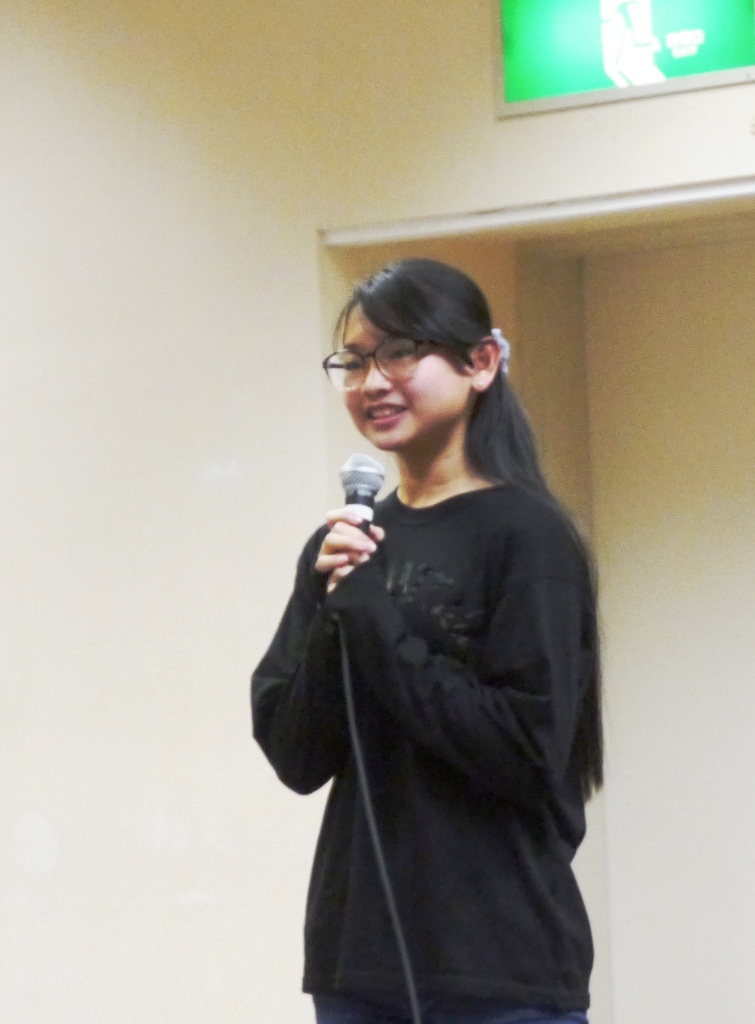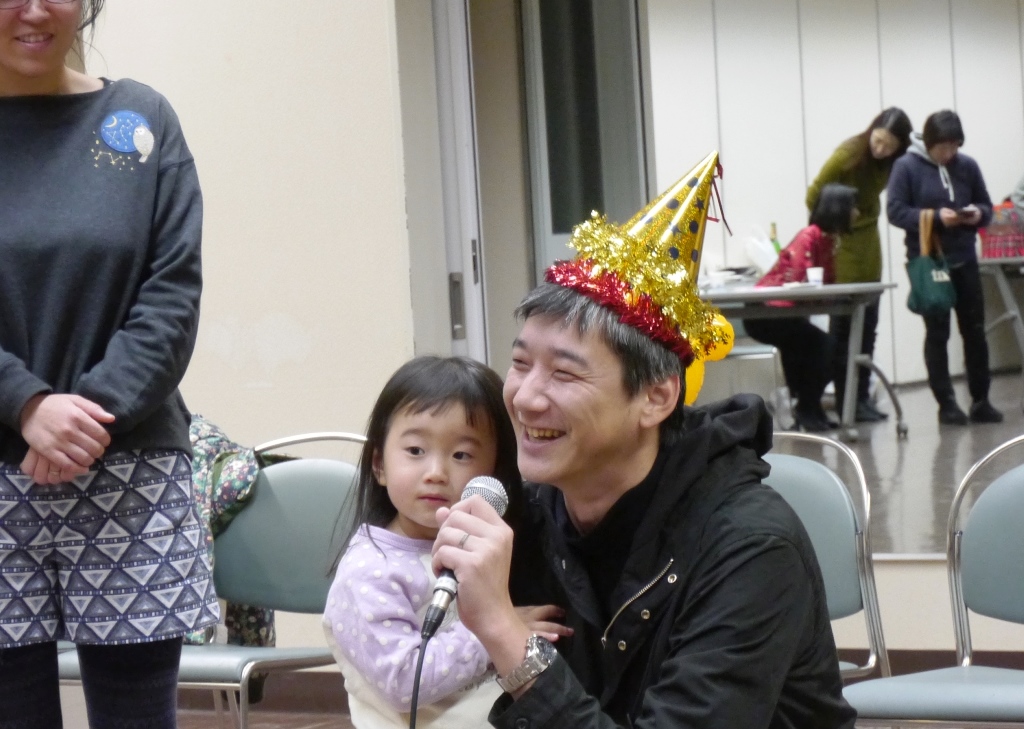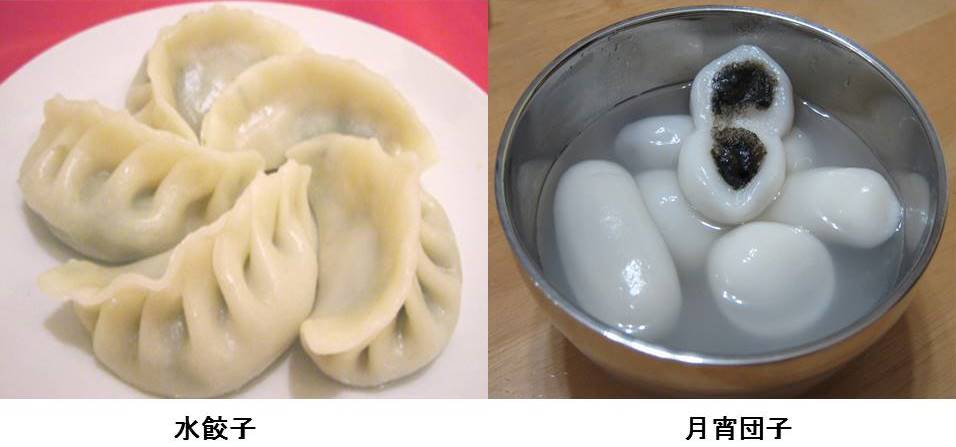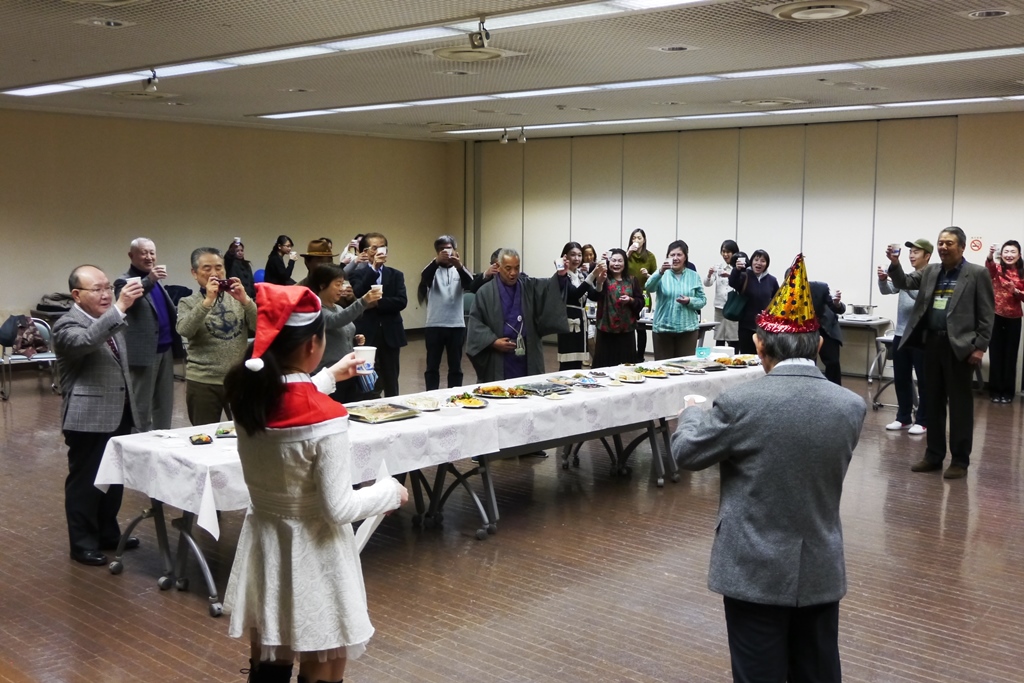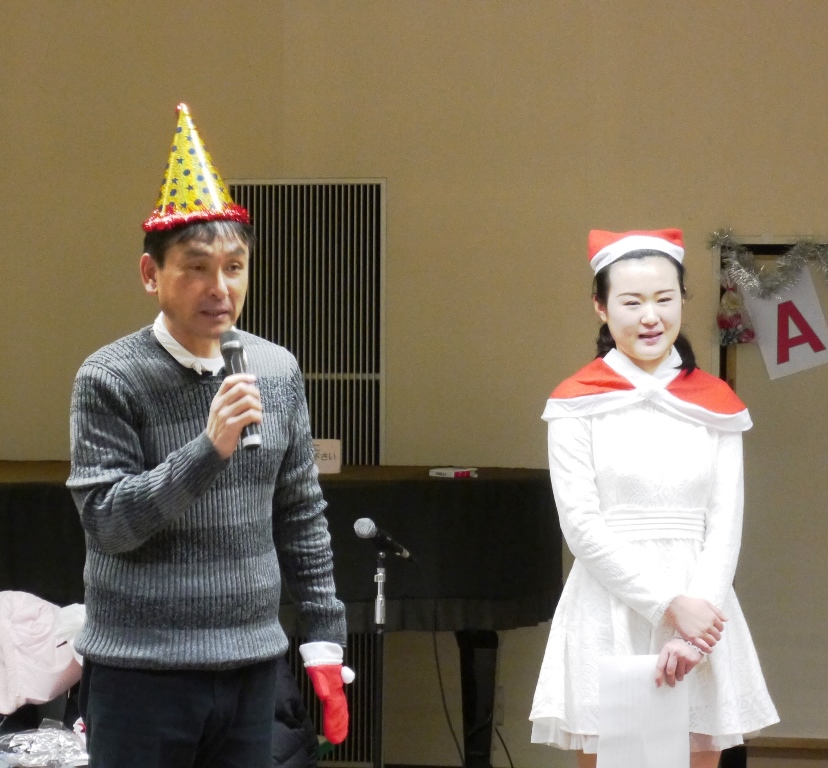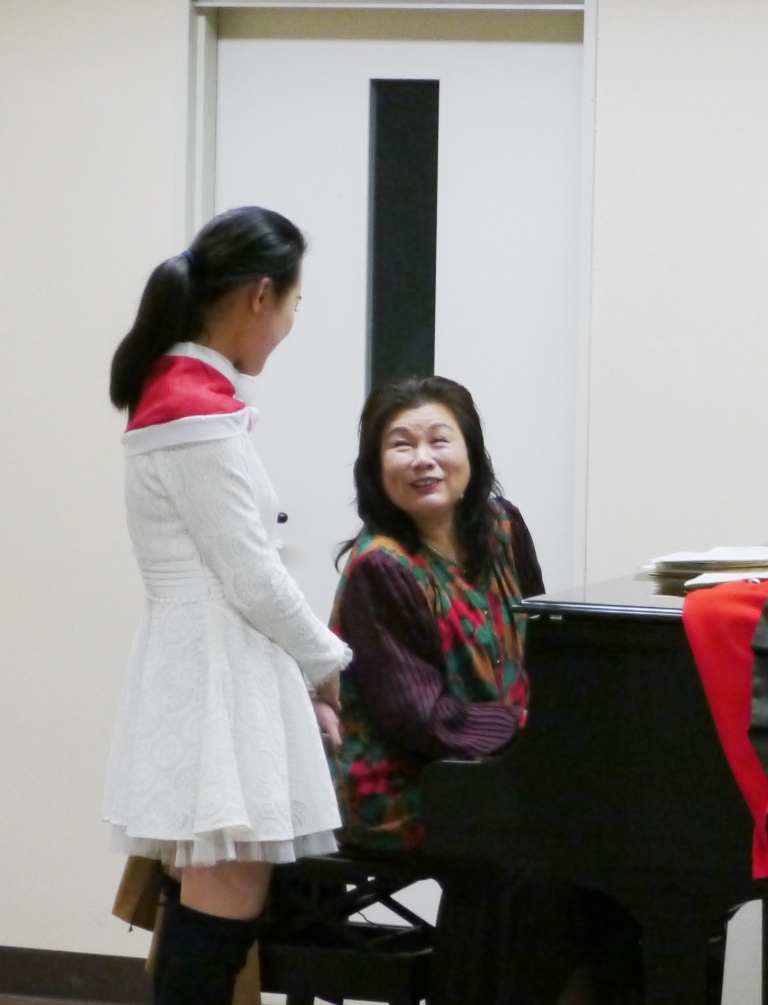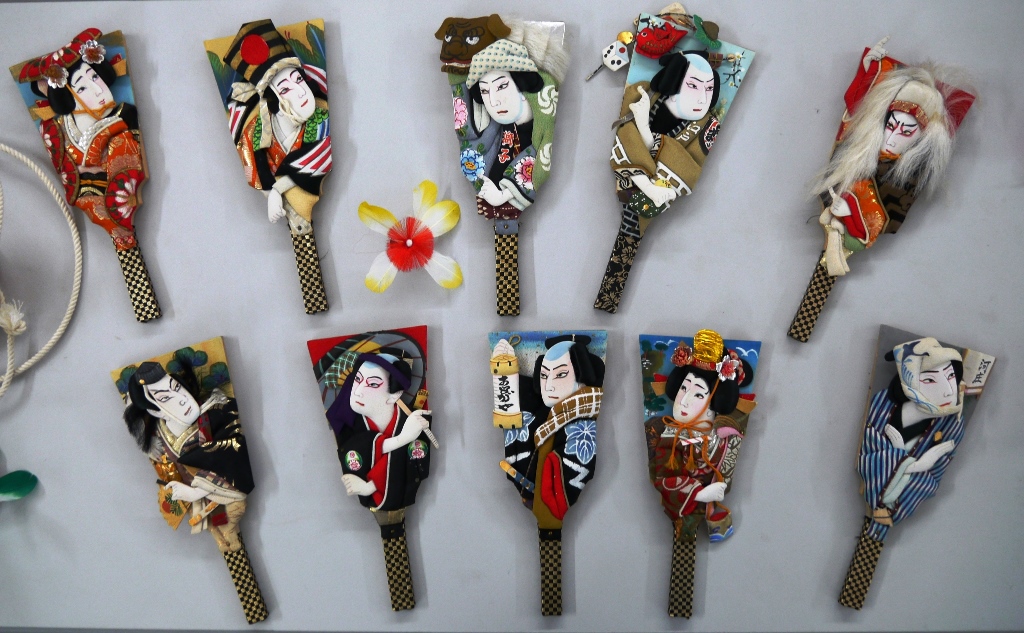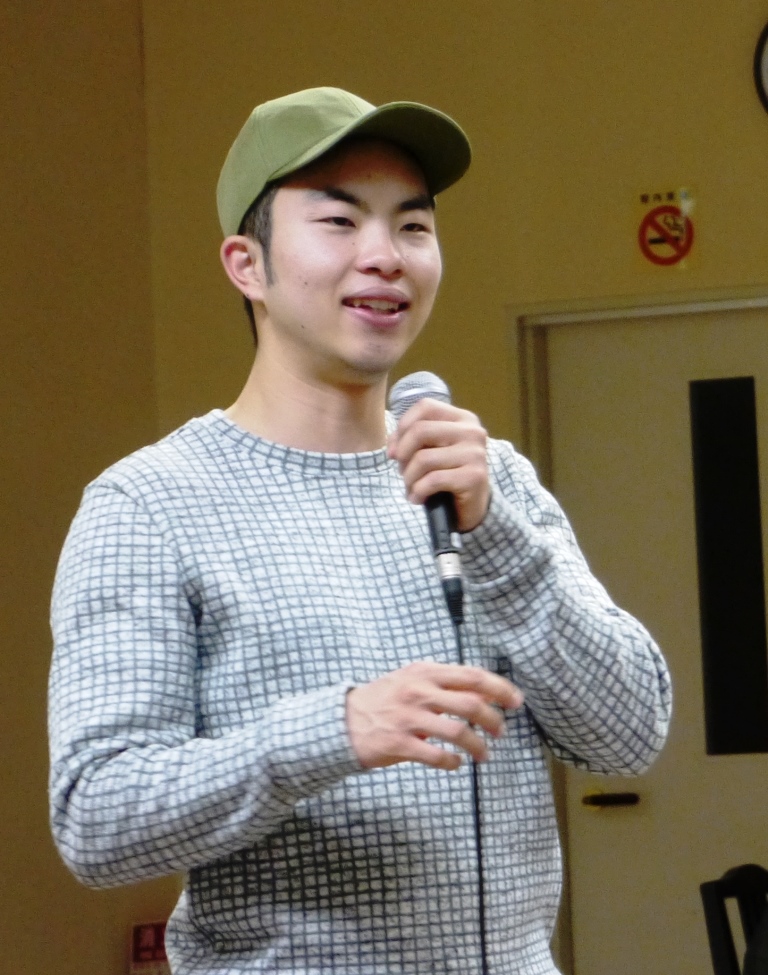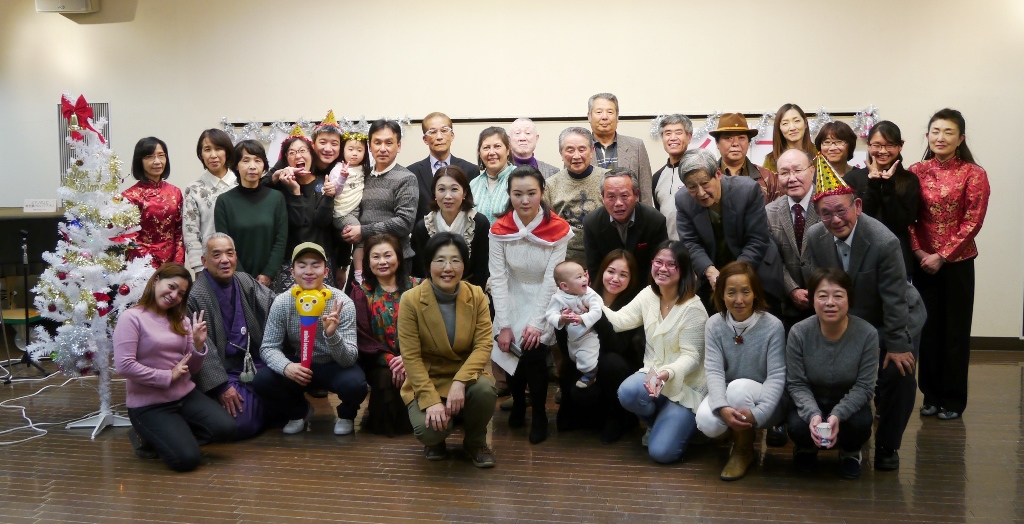
Date/time: Saturday, December 10, 2016 5p.m.-6.30p.m.
Venue: Grand Hall, Abiko Civic Plaza
Emcees: Mr. M. Hayasaka, Chief of Exchange and Community Dep., Ms. Wang Ya Ru from China
Piano: Ms. Ke Mei Ling
Participants: 35 people
A year-end party was held to deepen friendship among members and ordinary citizens.
Ms. Wang of Chuo Gakuin University in good Japanese expressed about herself and her exciting experience at the Chinese booth in the 25th AIRA Matsuri Festival held in last November. Mr. Hayasaka’s welcome address and a toast by Mr. T. Sugano, former AIRA President followed next.
The background music sounded comfortably in the hall and numbers of memorial scenes in the AIRA Matsuri were projected on the screen. Members and visitors exchanged talks on topics of the year 2016, enjoying variety of dishes and drinks on the table where also served some bottles gifted by members.
Intermediately, people’s lives in Christmas and New Year seasons were briefly introduced by several foreign members.
1. Korea: In Christmas season, people enjoy eating delicious food, but so-called Christmas cakes are not popular. In the lunar New Year season relatives and friends meet and eat together traditional food “Tokku”.
2. Thailand: As a Buddhist country, they don’t celebrate Christmas. Instead, in December 31, they hold a party together with relatives. On the New Year day, they pay a visit to a temple. In the lunar New Year (*) they customarily visit a temple or wash hands and feet of elderlies.
(*) April 13-15 is Known as Sonculaan or Water-splashing Festival, attracting foreign visitors as well.
3. China: Formerly they did not celebrate Christmas, however, a commercialism-based celebration has gradually taking root among people. During the lunar New Year holidays, family members get together, make and eat sui-gyoza (or dumplings in the southern area), and enjoy playing mahjong.
4. Philippines: People have fun with outdoor fireworks (*). During New Year holidays people get together and enjoy dishes.
(*) Fireworks and firecrackers of the New Year’s Eve is popular with occasional fire outbreaks.
5. El Salvador: As a Christian country, they begin celebration as early as in November. On the Christmas day people gather at a family’s house, drink, eat, and enjoy dancing. Some people later in the dawn go to nearby beach to stay the rest of the day there. On the New Year Eve they drink, eat, dance, lasting till the following day. Some go to the beach and some others go home for sleep.
The way of having New Year days differs by the natural features of the each country.
Incidentally, in the special Tuesday’s class meeting held on December 6, titled “Let’s Experience Japan’s Traditional New Year Plays”, Japan’s kids plays like kite flying, top-spinning, hanetsuki (hitting of shattlecok), karuta-tori (card game), etc. were introduced.
The style of the season’s celebration has been changing its nature. We wonder how it would be seen by foreign-born people. Enjoyable chatting among visitors was livened up by the BGM piano playing by Ms. Ke Mei Ling, and finally the party came to an end by a closing message by Mr. Hayasaka.
It was great that tonight’s party reunited the members together and deepened their friendship who have been in action at different places and projects related with AIRA activities.
The attended people left the hall one by one pledging to meet each other again next year.
(No. 16-26 Translated by T. Sugano)

